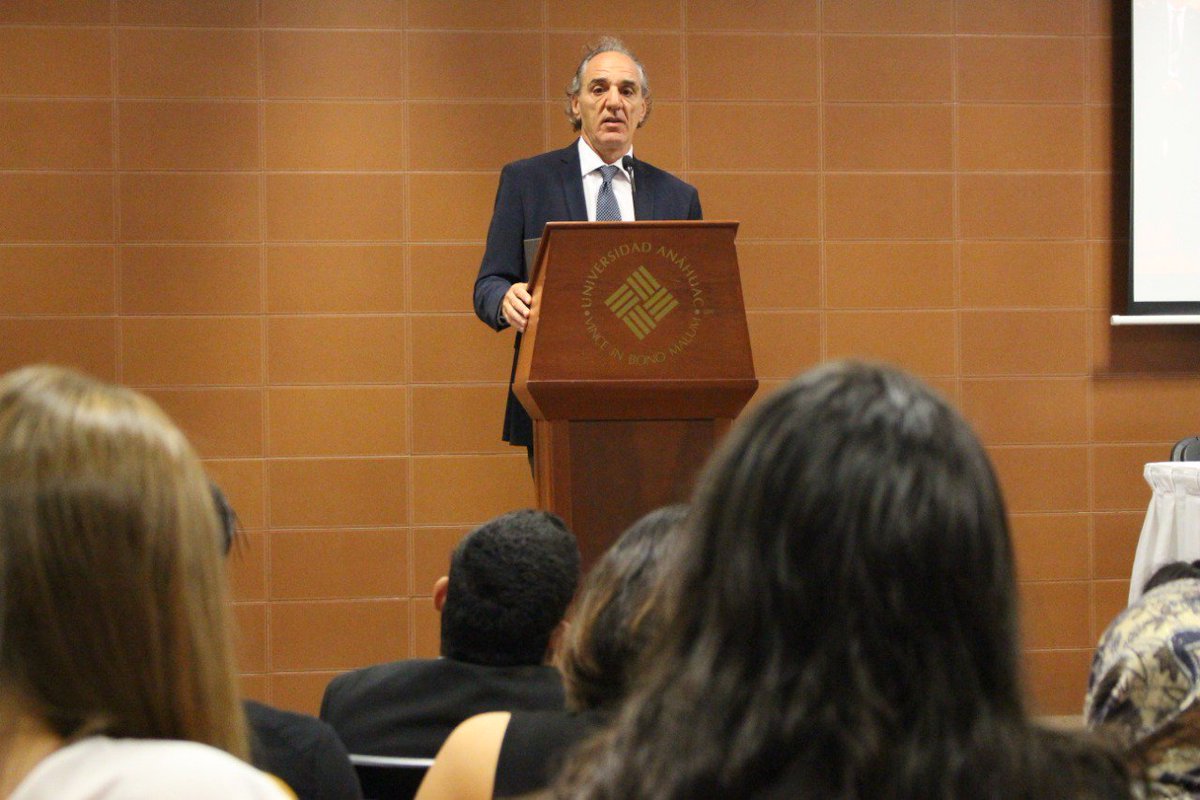CANCUN (Times Media Mexico) – The government of Italy offered support to the government of Quintana Roo to find solutions to the problems generated by the massive arrival of sargassum to the coasts of the Mexican Caribbean, in view of the effects on their fellow countrymen, including owners of bars, restaurants and hotels in Playa del Carmen, Tulum and other tourist destinations.
The Italian consulate organized on December 4th, a colloquium at the University of the Caribbean, in Cancun, which included the collaboration of scientists and companies dedicated to the industrialization of pelagic macroalgae, which since 2015 has reached unseen volumes on the coasts of the Mexican Caribbean.
The honorary consul of Italy in Cancun and Isla Mujeres, in Quintana Roo, and for Yucatan, Filippo Strano, indicated that the Italian government wants to cooperate with the authorities of Quintana Roo to solve the problem that began a year ago.

Filippo Strano (@FilippoStrano) | Twitter
The seminar to present proposals for industrial and scientific solutions will be followed by a private meeting with authorities from the state Secretariat of Ecology and Environment, to find out if they are interested in coordinating with the Italians to address the problem.
Filippo Strano reported that the Italian community settled in the state, made up of approximately 15 thousand Italians, is dispersed in local tourist destinations, but concentrated mostly in Cancun, municipality of Benito Juarez, Playa del Carmen, municipality of Solidaridad, and Tulum. In addition, 90% of the 200,000 Italian tourists who arrive in Mexico annually arrive at resorts in the Mexican Caribbean.
“We, who live here, know it’s a difficult issue, but I think any kind of collaboration to mitigate it is helpful. The ideal solution would be to find out how to avoid the exponential reproduction of sargasso,” he said.
“On the other hand, an important point to explore is an industrial use for this algae,” said Strano in reference to companies that exposed their methods of industrialization through the carbonization of sargasso, biomass generation and production of gas or biofuel using the seaweed.
Among the proposals is a scientific cut for the production of satellite data, which will generate an early warning to predict incoming arrivals.
The diplomat considered that a proper financing formula for this type of projects, would be a public-private investment scheme.
Emilia Giogetti, scientific attaché for the Italian Embassy in Mexico, indicated that the concern for the effects on tourism led them – at some point – to consider issuing a travel alert, preventing the massive presence of sargasso on the beaches of Quintana Roo.

Emilia Giogetti, scientific attaché for the Italian Embassy in Mexico (Photo: Teorema Ambiental)
“For Italians, Mexico is the Yucatan Peninsula. Many, many young couples, for example, travel to Mexico on their honeymoon, and most of them end up saying that it was the journey of their lives (many others decide to move here in fact), And it is terrible for them to come here thinking of a turquoise blue pristine water, and find themselves with the brown (and stinking) sargasso all over the place instead. At some point we thought of sending an alert through the embassy webpage, but we didn’t do it because we don’t want to affect Mexico’s economy. The sargasso situation is indeed a very sensitive issue,” Giogetti said.
“The alert was replaced by schemes of collaboration and support, in order to benefit tourism in the region, the seminar held today involves local authorities, Italian companies, scientists and researchers from Quintana Roo and Yucatan, as well as from Mexico City”, she continued.
“The seminar aims at finding ways of collaboration to face this phenomenon, monitor and take advantage of this great biomass that is reaching our coasts. We invited two academics, from UNAM and from a company in Mexico City with which we have been collaborating for several years. We also invited another researcher based in Merida, and representatives from three Mexican companies”, Filippo Strano concluded.
The Yucatan Times
Newsroom


